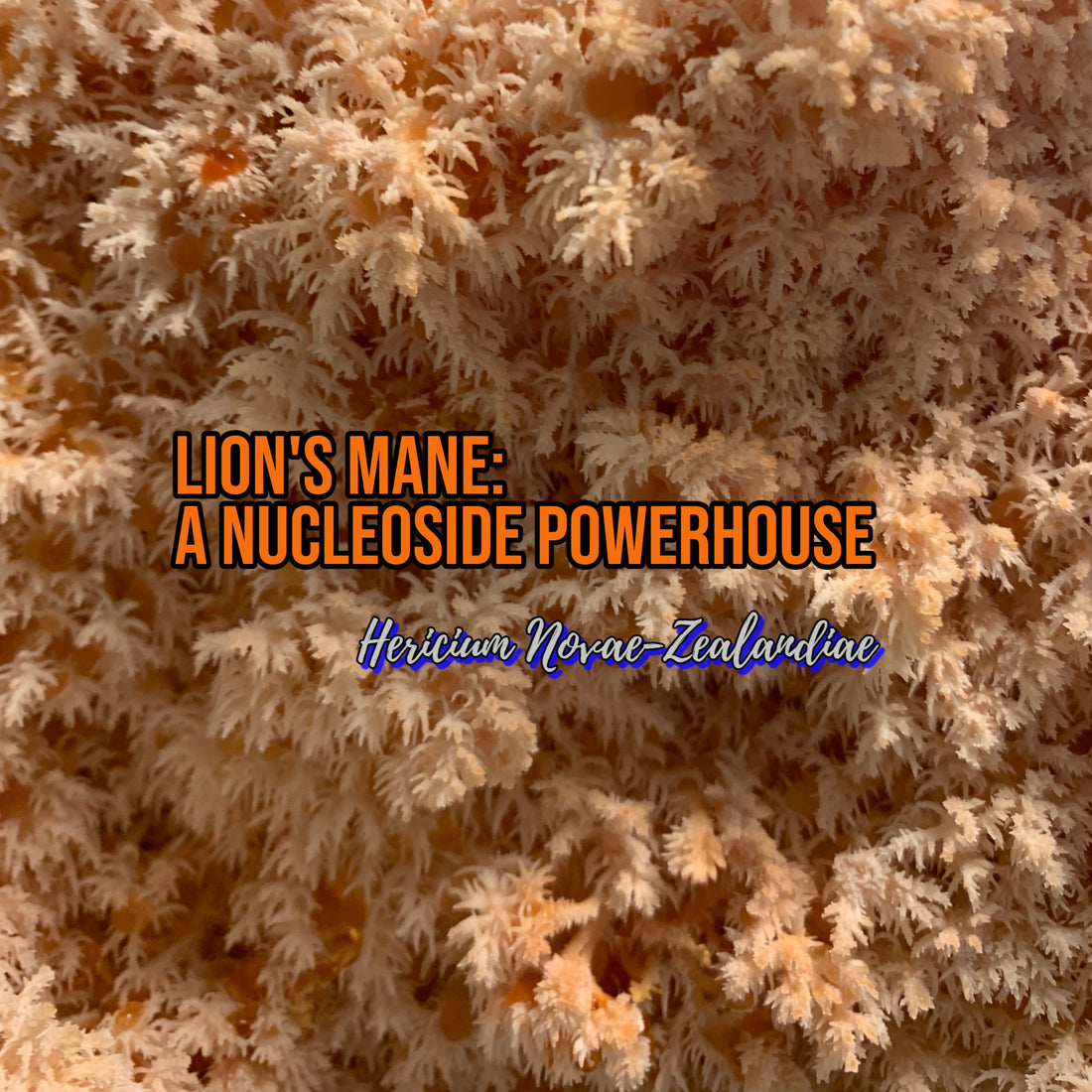
NZ Lion's mane is rich in nucleoside substitutes, crucial for cognitive functions
In human biology, our DNA stands as the cornerstone, intricately woven into the fabric of our existence. Maintaining its integrity is pivotal for cognitive function and cellular vitality. Understanding the connection between nutrition and genetic health unveils the profound influence of diet on DNA integrity.
The human genome holds the blueprint for life, susceptible to environmental pressures. A delicate balance exists between DNA repair and damage, sculpted by lifestyle factors like nutrition. A diet rich in nutrients and antioxidants is crucial for cellular resilience, providing the essential building blocks for DNA repair mechanisms to flourish. Antioxidants counteract oxidative stress, safeguarding DNA from premature ageing.
Yet, dietary pitfalls threaten genetic health, such as highly processed foods devoid of nutrients. Certain supplements may strip away nucleosides essential for DNA integrity. However, mushroom supplements offer a natural nucleoside source linked to numerous health benefits. Four major nucleosides found in native Lion's mane:
- Cytidine
- Uridine
- Adenosine
- Guanosine
Mushrooms, particularly Lion’s mane, are a rich source of nucleosides. When we eat foods containing nucleosides (typically derived from nucleic acids in our diet), these molecules are broken down, absorbed, and utilised by our cells for DNA and RNA synthesis, energy production, and cellular signalling, ultimately supporting various physiological functions in the body.
Based on a 2019 study, four of these molecular compounds were found to be "significantly high" in New Zealand Lion's mane extracts. The total concentration of the four molecules was high, at 10.7 mg/g dry weight, indicating their potential health benefit. Here, I explain the health benefits associated with each of these nucleosides:- Brain Function: Cytidine is a nucleoside in RNA synthesis and phospholipid metabolism. It's essential for maintaining brain function and has been studied for its potential cognitive and neuroprotective effects.
2. Uridine:
- Memory and Learning: Uridine is another nucleoside involved in RNA synthesis and the production of phospholipids. Uridine is a precursor of the phosphatides in neuronal membranes. It has been shown to support memory and learning processes by enhancing synaptic plasticity and neurotransmitter function.
3. Adenosine:
- Energy Metabolism: Adenosine is a nucleoside that plays a crucial role in cellular energy metabolism, mainly through its involvement in ATP (adenosine triphosphate) production. It helps provide energy for various cellular processes and is essential for overall metabolic function.
4. Guanosine:
- Neuroprotection: Guanosine is a nucleoside with neuroprotective properties. It has been studied for its potential to protect brain cells from damage caused by oxidative stress, inflammation, and other harmful factors. Guanosine may also support neuronal survival and function.
In conclusion, our exploration of the intricate relationship between nutrition and genetic health highlights the crucial importance of maintaining the integrity of our DNA for overall well-being. As we've explained, mushrooms, particularly Lion's Mane, stand out as a rich source of essential nucleosides, including cytidine, uridine, adenosine, and guanosine. These compounds are all nucleosides, basic building blocks of nucleic acids like RNA and DNA. In addition to their roles in nucleic acid synthesis, they have various other physiological functions and potential health benefits, particularly in the brain and nervous system.
These nucleosides, integral to DNA and RNA synthesis, energy production, and cellular signalling, underscore the significance of integrating nucleoside-rich foods into our diet. By embracing foods rich in nucleosides derived from nucleic acids in our diet, we furnish our cells with the necessary components for optimal physiological function. As these nucleosides are metabolised and utilised by our cells, they contribute to DNA maintenance, energy metabolism, and intercellular communication.
Thus, by adopting a diet abundant in nucleoside-containing foods, such as Lion's Mane mushroom, we empower our bodies to thrive at the molecular level, fostering longevity and vitality. Amidst the complexities of contemporary nutrition, let us heed the wisdom of nature's bounty, leveraging the power of nucleosides to nurture our genetic heritage and unlock the full potential of our well-being.

